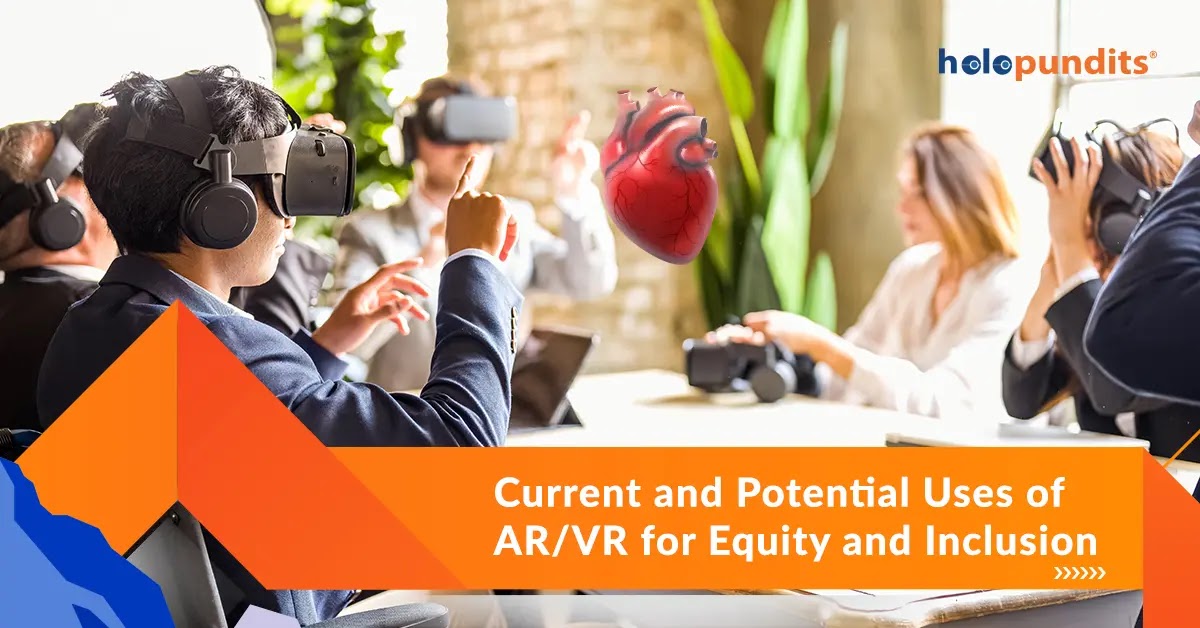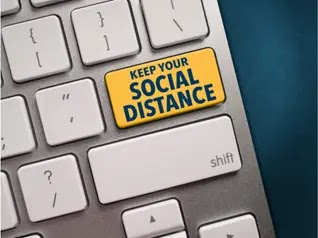21st Century Skills for Students: The Long-Term Benefits of Virtual Reality

What Are 21st Century Skills?
The Applied Educational System defines 21st Century Skills as, "12 abilities that today's students need to succeed in their careers during the Information Age." The twelve skills include critical thinking, collaboration, information, media, and technological literacy, flexibility, and social skills to name a few. In each age of human growth, certain skills were necessary for growth and survival. When we were learning how to grow food rather than gather it, we needed adaptability and critical thinking skills. When Victorian London underwent serious medical discoveries in terms of germ identification and cleanliness in hospital settings, perseverance under pressure and a willingness to try new thing were necessary to make those advancements. The AES further divides these skills into three categories- literary, life, and learning skills.
Today, learning new things, like which bacteria is responsible for healthy yeast production in the fermentation of a sourdough (lactobacilli, if you must know), is as easy as moving your thumb over a keyboard. Its not necessary to the discoverability of new information for the layman to spend years of their lives studying a specific niche to become a pseudo-expert capable of holding a surface level conversation in that field. Information is literally at our fingertips. Now that this information is readily available, it's important to learn these new skills to responsibly acquire and use it.
Where Are These Skills Applicable?
Right now, its hard to find a job listing that doesn't state critical thinking skills, collaboration, communication, and leadership as basic requirements in the job description. If you show initiative in reaching out to employers, there's a good chance you'll be remembered, and if you have good social skills you're a shoe-in to getting that job. Having many of these skills can show employers that you're a valuable member of their team. But here are a few jobs that specifically require these skills as a direct necessity in performing the work.
Hospitality- As a person who regularly works with the general public, hospitality workers need a decent level of social and collaborative skills. Communication skills also prove to be invaluable.
Manufacturing- Manufacturing requires a level of flexibility that's not necessary in other fields. The ability to adapt to events unforeseen, even in training simulations, is highly sought after. Leadership in manufacturing also requires technological literacy (to include virtual reality) because technology is solving problems in the manufacturing process and is now a necessary part of streamlining efficiency.
PhD Candidacy- This isn't technically a job, no. However, establishing yourself as a PhD candidate is nearly full-time work and requires a level of initiative and creativity as a fact of gaining the candidacy itself.
Healthcare- Dealing with people in the healthcare system involves a startling amount of social and communication skills not thought of before. Using them on a daily basis for an effective bedside manner, as well as explaining diagnoses in a way that the patient can naturally understand is necessary. Now that virtual reality is gaining momentum in the healthcare industry, technology literacy is becoming increasingly more important.
Develop 21st Century Skills with Virtual Reality
Learning these skills doesn't start on the job. Yes, there is training that will help deal with the day to day of the job, and a good virtual reality training program is an excellent tool in an employer's kit. However, setting yourself up for success in the workplace begins before you ever apply. These skills are an everyday practice, something that begins while school is still in session. Developing 21st Century Skills as a student is easy with virtual reality. Using virtual reality as an educational tool creates a natural process to learning these skills.
Learning Skills are all about teaching students the mental processes necessary to adapt and improve in the modern work environment. Virtual reality creates immersive simulations that enable students to expand their collaborative efforts and develop natural critical thinking skills, enabling them to communicate more effectively with others.
Literacy Skills focus on the internalization of information and discerning fact from fiction, as well as determining which sources are trustworthy. The ability to do active and quick research helps in identifying reputable sources of knowledge and helps grow information literacy swiftly. VR technology has the ability to help students rapidly research and internalize information.
Life Skills are the intangible aspects of everyday life. These are things that are typically learned early on as proper social development but can be improved upon with intentional effort. Using immersive simulations, students can learn the active components of each life skill and practice them until they feel proficient enough to go toe to toe and practice their new skills in real life. It's like reading a self-development book with actionable steps, only its done in a secure, low-risk environment.
Long Term Benefits of Virtual Reality Learning
There are obvious benefits to using virtual reality for educational purposes. Using in a learning environment can insure that students are getting the best, most immersive education possible. However, little is known about the long-term benefits of using virtual reality. A recent study done on the benefits of virtual reality for adults reported that information recall accuracy was found to be 8.8% better in those using HMDs in the study, rather than a desktop. But does this number change over time, as the person internalizes more information?
Maybe not much is known about the long term cognitive benefits of virtual reality education, but there are some facts that are obvious. One of the major benefits of using virtual reality as a learning tool is the confidence gained in subject matter. Confidence, not to mention the 12 skills already laid out, is a skill that will follow the student for the rest of their life. If a student is confident in themselves, something that only happens with experience, they can go far in life. Giving students the opportunity to practice scenarios where 21st century skills are a direct result is an incredibly empowering asset to education and the workforce.
21st Century Skills are a specific set of skills that students are not only required to learn, but are actively put into use every day. Virtual reality helps them to learn these skills in an immersive environment, which enables them to internalize and use them naturally. Though the long-term benefits of virtual reality learning are not yet fully realized, the short term benefits are enough to hope for future adaptations.



Comments
Post a Comment